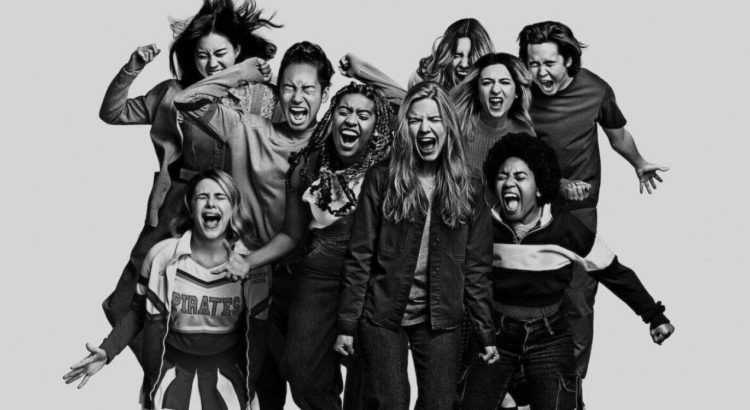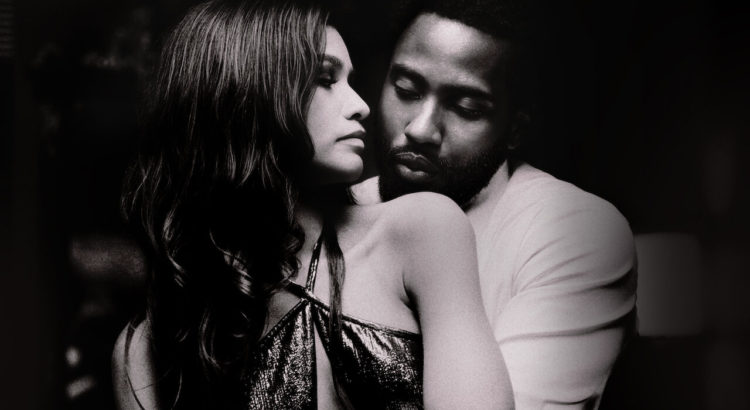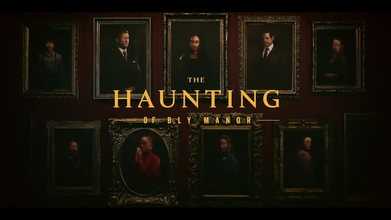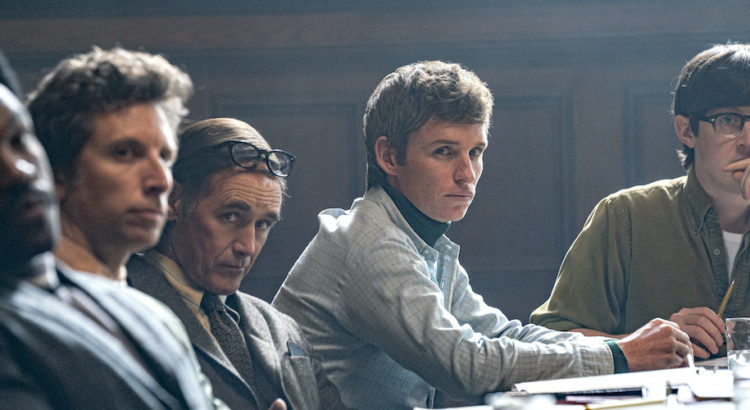Filmmaker Adam Mckay ditches all subtlety in Don’t Look Up, weaponizing comedic satire to lunge straight for the throat of his target— which is, seemingly, almost everyone with media power. Don’t Look Up follows the story of two astronomers, played by Leonardo Dicaprio and Jennifer Lawrence, who discover a deadly comet speeding straight toward Earth and desperately attempt to convince the world of the event’s urgency. Facing the insurmountable obstacles of political corruption, corporate greed, and the happy-go-lucky culture of the celebrity world, the two struggle to make sense of the media’s ignorance as inevitable death approaches.
Don’t Look Up has an impressive range of talents under its belt, demanding the attention of anyone who previews it. Meryl Streep, Timothée Chalamet, Cate Blanchett, Jonah Hill, and Ariana Grande, to name just a few, bring to life an array of caricatures. Bubbly talk show hosts, self-absorbed celebrities, and money-hungry politicians take turns looking science in its fiery, unyielding eyes and denying it outright, engaging in nonstop arguments with the only two voices of reason— and somehow always coming out unscathed.
The film is fast-paced and blood-boiling, ensuring that you want to tear your hair out and scream at Meryl Streep’s uncharacteristically smug face for the entire 138-minute runtime. The dialogue teeters between over-the-top ludicrosity and sobering realism; it clearly points fingers at real-life media personalities and politicians that exhibit similar attitudes and refuses to water down their ignorance. Some scenes lean too much into the caricatures and come off as corny, but the premise remains intact and believable. The plausibility of the “comet” situation and media reaction mirrors the harrowing reality we live in; as an obvious allegory for the accelerating climate crisis, Don’t Look Up reminds us of exactly how and why the environment is heading towards total decay and which systemic problems are to blame.
Rotten Tomatoes gives the film a rotten and pitying 55%. To be fair, Mckay’s Don’t Look Up lacks nuance and bold ideas, instead infusing what we already know with a sense of existential dread and powerful anger. The comedic route is also a less effective form of delivery than a more serious satire that could delve even deeper into its criticisms. However, my agreement with the critics’ ratings ends there; as designed for a mass audience, rather than an audience of knowledgeable film enthusiasts, Don’t Look Up is a perfectly accessible and entertaining vessel for an urgent message. Grim comedy and familiar faces make the plotline easier to digest, easing the anxiety of the catastrophe. Overall, Don’t Look Up is not intended to be an innovative cultural masterpiece, and that’s okay. At its best, it is a sobering and well-scripted analysis of the twisted hierarchy of power that we live in, given credibility by its parallels to reality and a star-studded cast. At its worst, its comedy detracts from its effectiveness and the film leaves us feeling hopeless.
Don’t Look Up pleads for the world to listen to its vindication of America as we know it, and I believe it should be listened to. Packed with enough cynical cleverness and lively dialogue to keep you on your toes for the whole two and a half hours, it’s undoubtedly a worthy watch. Grab some popcorn and a few friends and check it out exclusively on Netflix.









